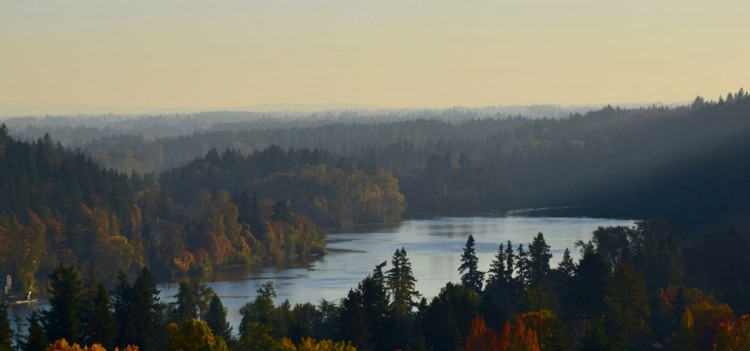CANADIAN IMMIGRATION UPDATES: Applicants to Master’s and Doctoral degrees are not affected by the recently announced cap on study permits. Read more

Centering Equity in Long-Term Funding Strategies for Environmental Restoration of the Willamette River Basin

Willamette River Basin in Oregon.
CURE - Environmental Restoration of the Willamette River Basin

Lizzie Marsters, WRI (World Resources Institute) and Jesse Cruz Richards (Director of Development and Policy Coordination, Willamette River Network )
Background
The cities of Eugene, Salem, and Portland are situated in Oregon’s Willamette River Basin, named for the 187-mile Willamette River that now serves their residents clean drinking water, offers aquatic habitat for diminishing populations of salmon, and supports Oregon’s agricultural industry. As a result of decades of urban and agricultural development, the Willamette River and its thirteen tributaries have suffered from floodplain loss, increased nitrogen and phosphorus loading, and reduced tree canopy cover that once cooled the waters to support aquatic life. For the past eleven years, the Meyer Memorial Trust (an Oregon-focused foundation), Bonneville Environmental Foundation, and others have consistently invested in floodplain reconnection and riparian buffers under the umbrella of the Willamette River Initiative, tracking environmental improvements across the Basin. Due to the consistent and dependable funding streams, the conservation organizations could reliably build greater resiliency in communities and ecosystems.
More recently, in recognition of the financial realities in the case of COVID-19, Meyer Memorial Trust (MMT) hired Bonneville Environmental Foundation (BEF) and World Resources Institute (WRI) to develop long-term financing strategies to build on the successes for years to come. Concurrently, MMT centered its support around racial equity, supporting new voices in the conservation world, including Black, Indigenous, and People of Color (BIPOC) organizations, as those populations were and are disproportionately affected by river health hazards. To diminish the gap between mainstream environmental organizations, which are predominantly white and middle-class, and the communities most affected by water insecurity and pollution, MMT created the Willamette River Network, a network devoted to uniting environmental groups, community-based organizations, government agencies, businesses and communities. The challenge at hand is to explore equitable financing solutions that support environmental outcomes while increasing access to long-term, consistent funding for communities traditionally excluded.
Project focus
In our rapidly changing environment – a global pandemic, an economic recession, and increased advocacy against systemic racism – the urgency to develop and deploy equitable NBS financing strategies has never been more pressing. It is clear that underserved and underrepresented populations are disproportionately exposed to hazardous environmental conditions, which has led to higher rates of COVID-19 infections and economic instability. To achieve greater resiliency, we need to mitigate climate, public health, and economic risks more equitably, which is why financing a network of inclusion designed to address long-term, systemic challenges is critical to Oregon’s communities. Student teams will focus on the following questions:
- What are the biggest barriers to implementing equitable financial structures? What are the legal, social, and economic challenges?
- What markets offer the best source of capital for conservation? For equity? For both?
- What organizations/programs are centering equity using financial tools?
- Are there creative methods to increasing credit worthiness? How do you reduce the high costs associated with perceived credit risk for non-traditional borrowers?
- Are there any Native American/Indigenous Community focused funds? Migrant focused funds?